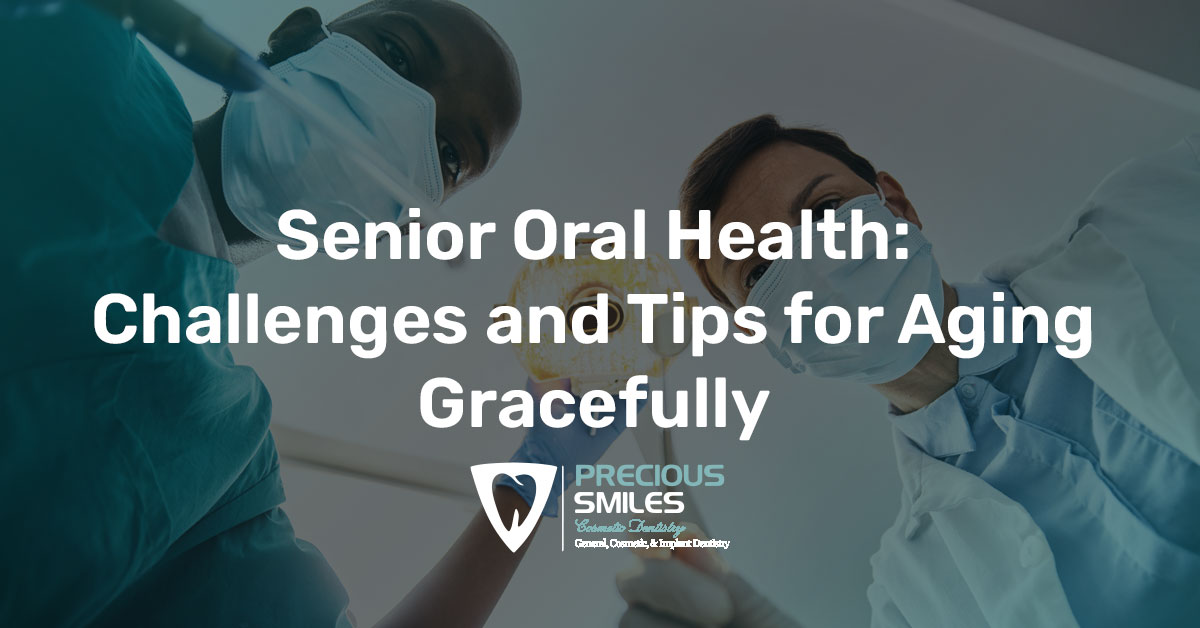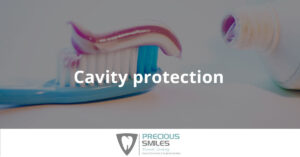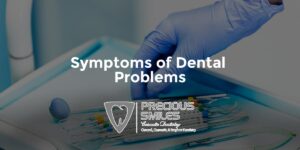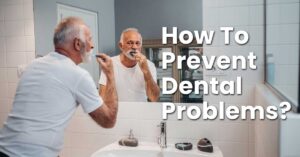As we age, oral health becomes increasingly important for maintaining overall well-being. In this blog, we’ll explore the unique challenges seniors face in oral care and provide concrete tips to help navigate these challenges for aging gracefully.
Challenges:
1. Dry Mouth (Xerostomia):
Many seniors experience dry mouth, often due to medications or medical conditions. Reduced saliva flow can lead to increased bacteria and a higher risk of cavities. Combat dry mouth by staying hydrated, using sugar-free lozenges, and discussing medication adjustments with your healthcare provider.
2. Gum Disease (Periodontitis):
Seniors are more susceptible to gum disease, which can lead to tooth loss and other health issues. Regular dental check-ups, daily flossing, and proper oral hygiene are crucial in preventing and managing gum disease. If you notice bleeding gums or changes in your oral health, consult your dentist promptly.
3. Tooth Decay and Cavities:
Tooth decay doesn’t retire with age. Seniors should continue practicing good oral hygiene, including regular brushing with fluoride toothpaste. Limit sugary snacks and beverages, and consider fluoride treatments to strengthen tooth enamel.
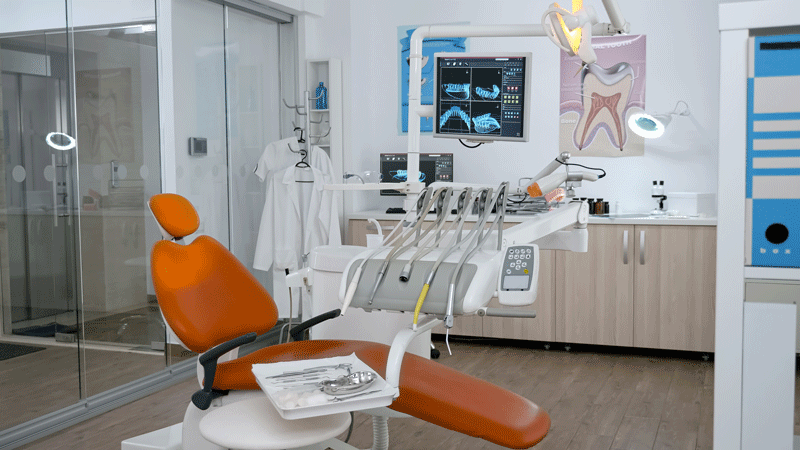
4. Tooth Sensitivity:
Increased tooth sensitivity is common among seniors, making hot or cold foods and beverages uncomfortable. Using toothpaste designed for sensitive teeth and maintaining regular dental check-ups can help address and manage tooth sensitivity.
5. Oral Cancer Risk:
The risk of oral cancer rises with age. Regular oral cancer screenings during dental check-ups are crucial. Report any unusual changes, such as persistent sores, lumps, or discolorations, to your dentist promptly.
Tips for Aging Gracefully:
1. Maintain Regular Dental Check-ups:
Regular dental visits are essential for preventive care and catching issues early. Schedule check-ups at least twice a year and communicate any concerns or changes in your oral health to your dentist.
2. Practice Good Oral Hygiene:
Continue to brush your teeth at least twice a day with fluoride toothpaste. Don’t forget to floss daily to remove plaque and food particles between teeth. Consider using an electric toothbrush for improved efficiency.
3. Stay Hydrated:
Combat dry mouth by drinking plenty of water throughout the day. Consider using moisturizing mouthwashes or saliva substitutes, and limit caffeine and alcohol intake, as they can contribute to dehydration.
4. Choose Tooth-Friendly Nutrition:
Maintain a balanced diet rich in vitamins and minerals. Choose foods that promote oral health, including crunchy fruits and vegetables, dairy products, and lean proteins.
5. Quit Smoking:
If you smoke, quitting is one of the best things you can do for your oral health. Smoking is a significant risk factor for gum disease, tooth loss, and oral cancer.
6. Consider Dental Implants:
For those dealing with tooth loss, dental implants can provide a natural and durable solution. Consult with your dentist to explore the options best suited for your situation.
Aging gracefully includes prioritizing oral health to ensure a comfortable and confident smile. By addressing specific challenges and adopting proactive oral care practices, seniors can enjoy good oral health well into their golden years. Remember, a healthy smile contributes to overall well-being, promoting a happy and fulfilling life.

